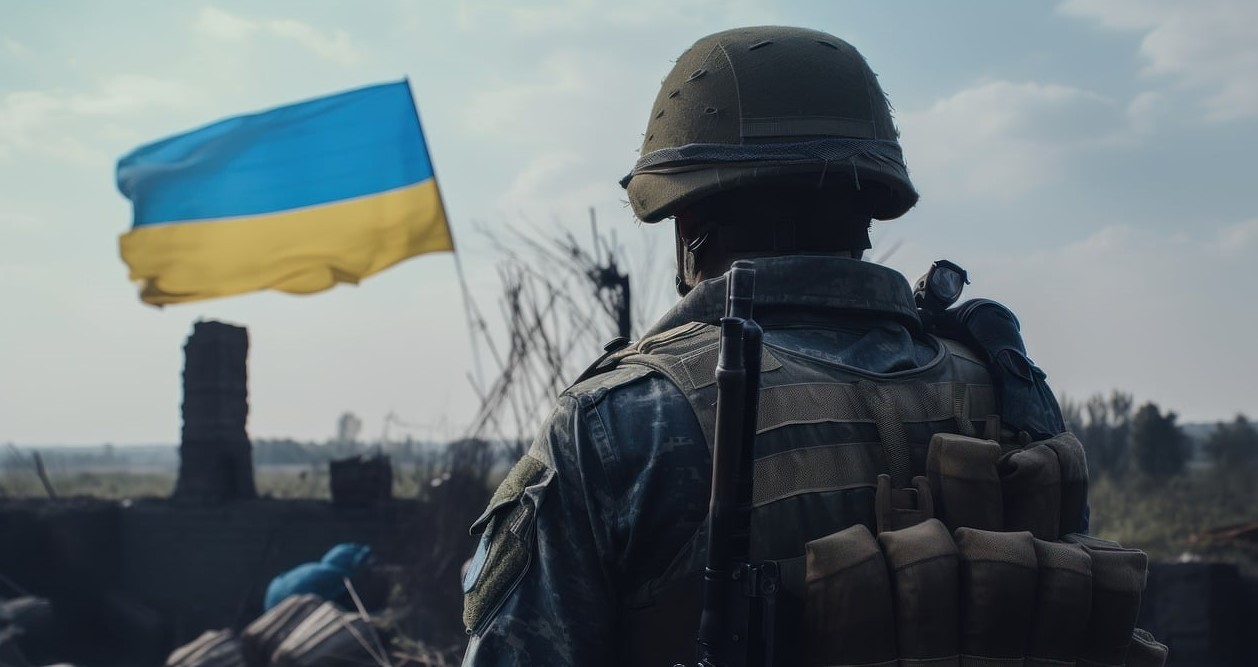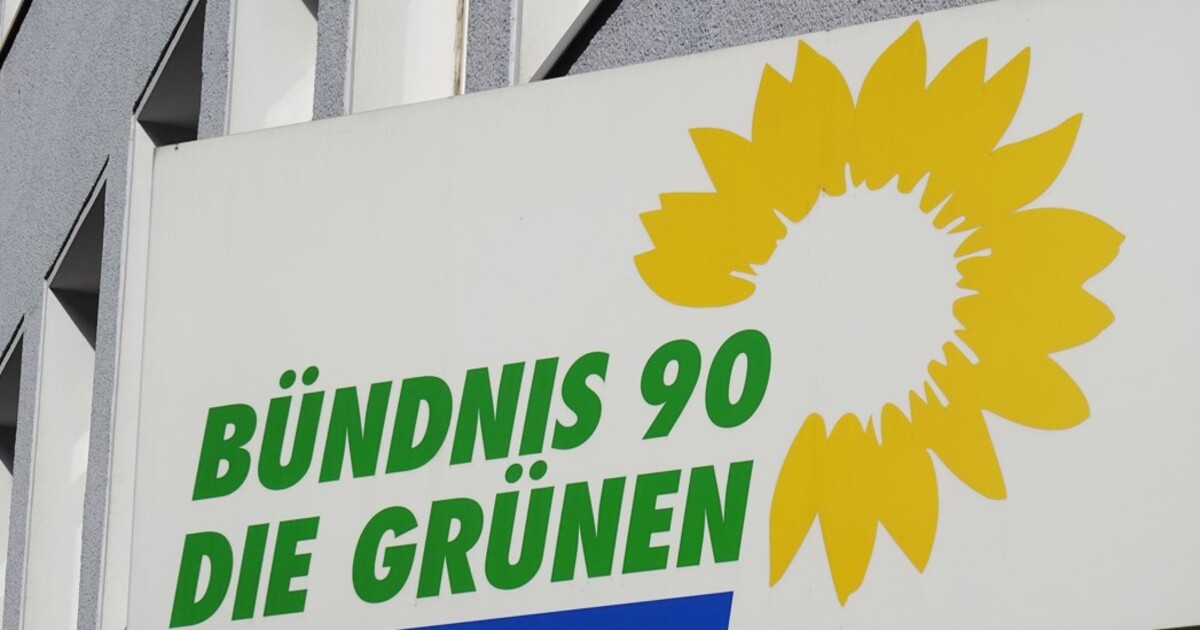Russia’s Assets In the West Must Be Seized and Sent To Ukraine
The aim of the Western financial system should not be to serve authoritarian kleptocrats. The question is not whether Russia should pay, but how to make it pay.
March 13, 2024

A Strategic Intervention Paper (SIP) from the Global Ideas Center
You may quote from this text, provided you mention the name of the author and reference it as a new Strategic Intervention Paper (SIP) published by the Global Ideas Center in Berlin on The Globalist.
Ukraine’s economy has suffered immensely from Russia’s war of aggression. 17% of its territory remains occupied by Russian troops, and Ukraine’s gross domestic product has shrunk by 29%.
This damage now exceeds $486 billion, according to the World Bank. The collective West has long maintained that Russia must not only be held responsible – but must also be made to pay for the damage it has caused. This must be done in a timely manner – and in full.
On November 14, 2022, the UN General Assembly passed a strong resolution holding Russia accountable, and forcing it to pay war reparations to Ukraine. It stated that Russia must “bear the legal consequences of all its internationally wrongful acts, including the payment of compensation for the injury, including all damage, caused by such acts.”
This resolution recognized that an international institution should be created to implement this compensation to be set up in cooperation with Ukraine.
The G-7 taking the lead
The G-7 has taken the lead in Western policymaking on financial support for Ukraine. “It is not right for Russia to decide if or when it will pay for the damage it has caused in Ukraine. … Russia’s obligations under international law to pay for the damage it is causing are clear,” the G-7 resolved on February 24.
The G-7 added: “We are determined to dispel any false notion that time is on Russia’s side, that destroying infrastructure and livelihoods has no consequences for Russia or that Russia could prevail by causing Ukraine to fail economically. Russia should not be able to indefinitely delay payment it owes. We recognize the urgency of disrupting Russia’s attempts to destroy the Ukrainian economy and Russia’s continued failure to abide by its international law obligations. We are determined to ensure full accountability, and we support Ukraine in obtaining compensation for the loss, injury and damage resulting from Russia’s aggression.”
War reparations: The historical precedents
The question thus is not whether Russia should be forced to pay. The extraction of war reparations is a standard practice – and they are never voluntary. After World War II, Finland and East Germany were forced to pay major war reparations to the Soviet Union.
After World War I, not only German state assets were confiscated, but also all German private assets outside of Germany. After Iraq’s assault on Kuwait in 1990, Iraq was forced to pay $52.4 billion in war reparations – and it paid it all.
The question is how to force Russia to pay. Fortunately, there is an obvious way to force Russia to pay now. Immediately after Russia’s full-scale attack on Ukraine in February 2022, the G-7 “immobilized” the Russian central bank’s currency reserves in the West.
They amount to about $285 billion, of which about $200 billion is sitting in Euroclear in Brussels, a private, for-profit financial settlement company.
These funds should be seized by Western governments and transferred to a Western central bank escrow account to be passed on to Ukraine as war reparations.
“We reaffirm that, consistent with our respective legal systems, Russia’s sovereign assets in our jurisdictions will remain immobilized until Russia pays for the damage it caused to Ukraine,” the G-7 stated.
The G-7 added: “… We ask our ministers to continue their work and update ahead of the Apulia Summit [in June 2024] on all possible avenues by which immobilized Russian sovereign assets could be made use of to support Ukraine, consistent with our respective legal systems and international law.”
Differing approaches
Within the G-7, Canada adopted legislation to confiscate both Russian sovereign assets and the property of sanctioned Russian individuals in 2022.
More recently, the United Kingdom has strongly called for the confiscation of Russian sovereign assets, which is the Ukrainian government’s line.
Japan seems to feel the same way, while the United States is dithering. The U.S. Congress appears to have a bipartisan majority in favor of confiscating Russian sovereign assets, while Treasury Secretary Janet Yellen is hesitant.
Germany, France and Italy have expressed doubts and are leaning on the European Central Bank.
To seize or not to seize
Basically, there are two lines of argument against the seizure of Russia’s sovereign assets. One group refers to international law, and the other expresses fears of financial destabilization.
The arguments based on international law have been convincingly rejected by groups of international lawyers led by Harvard Law Professor Laurence Tribe and Philip Zelikow of the Hoover Institution.
Since Russia does not recognize any international legal rights, how could it demand international legal protection? On the contrary, Russia’s violation of international law requires countermeasures, such as asset seizures.
Even so, some claim that it would violate international law, especially those who benefit from the Russian assets, such as Euroclear – but they fail to provide any real argument.
The main economic argument against confiscating Russia’s central bank reserves has been that it could lead to financial destabilization. Cristine Lagarde, the president of the European Central Bank, is the main proponent of this argument.
She claims that the euro would be undermined because foreigners would refuse to keep their money in euros. But this argument is flawed.
Look at the facts
First of all, the Russian central bank reserves have been immobilized for two years already, and no destabilization or flight from Western currencies took place.
Second, a reserve currency has to be stable, convertible and be based on a large free open economy with good rule of law. Therefore, there are only two credible and willing reserve currencies, the U.S. dollar and the euro, which consistently account for 80%t of all global currency reserves.
The International Monetary Fund maintains statistics on all international currency reserves in the world. At the end of September 2023, U.S. dollars accounted for 59% of all currency reserves, the euro for 20%, the Japanese yen for 5.5%, the British pound sterling for 4.8%, the Canadian dollar for 2.5% and the Australian dollar for 2%.
Chinese yuan made up only 2.4% of all global reserves (essentially from Russia for political reasons), and other currencies 3.9%.
Finally, the aim of the Western financial system should not be to serve authoritarian kleptocrats.
What about exchange rates and jobs?
Apart from the vast U.S. and Eurozone economies, all financial authorities want to avoid hosting reserve currencies that drive up their exchange rates and make it more difficult for them to export goods and services that generate jobs.
The yuan and other emerging market currencies do not fulfil the necessary criteria of stability, convertibility, open markets and rule of law – so they cannot serve as reserve currencies or hideouts.
Thus, as long as the G-7 acts in unison, there is no risk of financial destabilization.
Conclusion
Now is the time to act because the Western resources for financing Ukraine are running low. Western support for Ukraine needs to be roughly $100 billion a year – $60 billion for arms, and $40 billion to cover the Ukrainian budget deficit.
In 2023, both the EU and the United States paid up in full, but it appears all too likely that the EU will have to manage with the $61 billion the United States committed to Ukraine for 2024.
The only plausible additional large source of funding is the immobilized Russian sovereign assets in the West. Russia must not be allowed to win a financial war against Ukraine. Confused politicians in a few large European countries need to face up to reality.
Takeaways
War damage in Ukraine now exceeds $486 billion, according to the World Bank. The West has long maintained that Russia must not only be held responsible – but must also be made to pay for the damage it has caused. This must be done in a timely manner – and in full.
The extraction of war reparations is a standard practice – and never voluntary. German state assets were confiscated after World War I, Finland and East Germany were forced to pay war reparations to the Soviet Union after World War II and Iraq was forced to pay reparations after its assault on Kuwait.
The aim of the Western financial system should not be to serve authoritarian kleptocrats. The question is not whether Russia should pay, but how to make it pay.
The only plausible additional large source of funding for Ukraine is immobilized Russian sovereign assets in the West. Russia must not be allowed to win a financial war against Ukraine. Confused politicians in a few large European countries need to face up to reality.
Now is the time to act because Western resources for financing Ukraine are running low. Western support for Ukraine needs to be roughly $100 billion a year – $60 billion for arms and $40 billion to cover the Ukrainian budget deficit.
Ukraine's economy has suffered immensely from Russia's war of aggression. 17% of its territory remains occupied by Russian troops, and Ukraine's gross domestic product has shrunk by 29%.
A Strategic Intervention Paper (SIP) from the Global Ideas Center
You may quote from this text, provided you mention the name of the author and reference it as a new Strategic Intervention Paper (SIP) published by the Global Ideas Center in Berlin on The Globalist.


